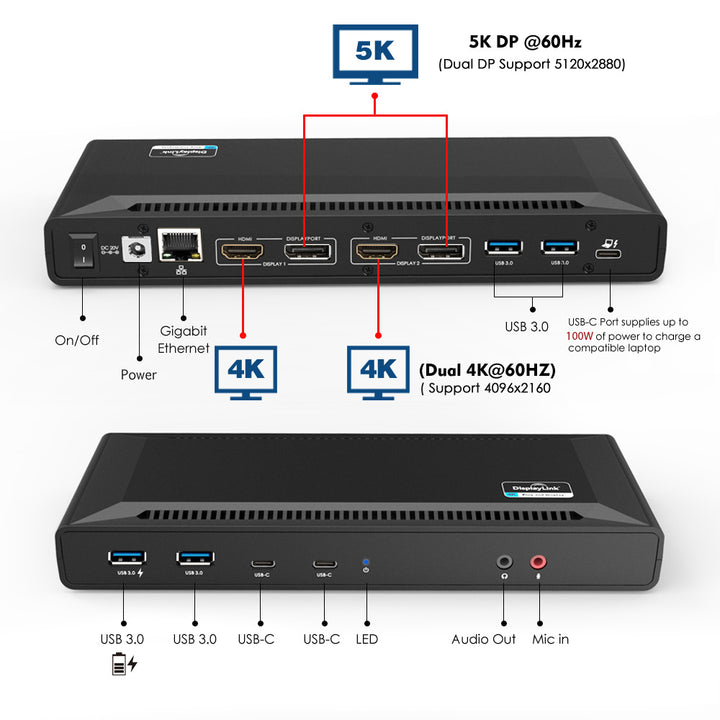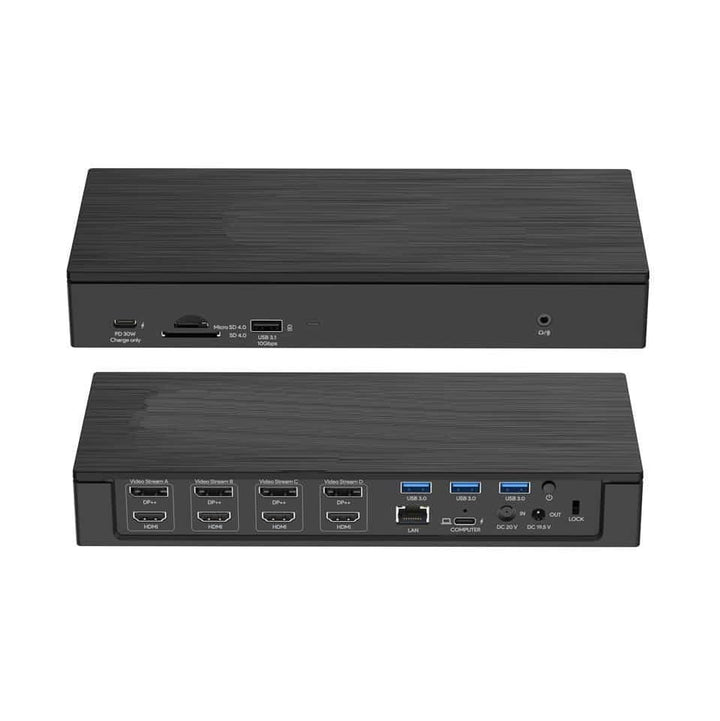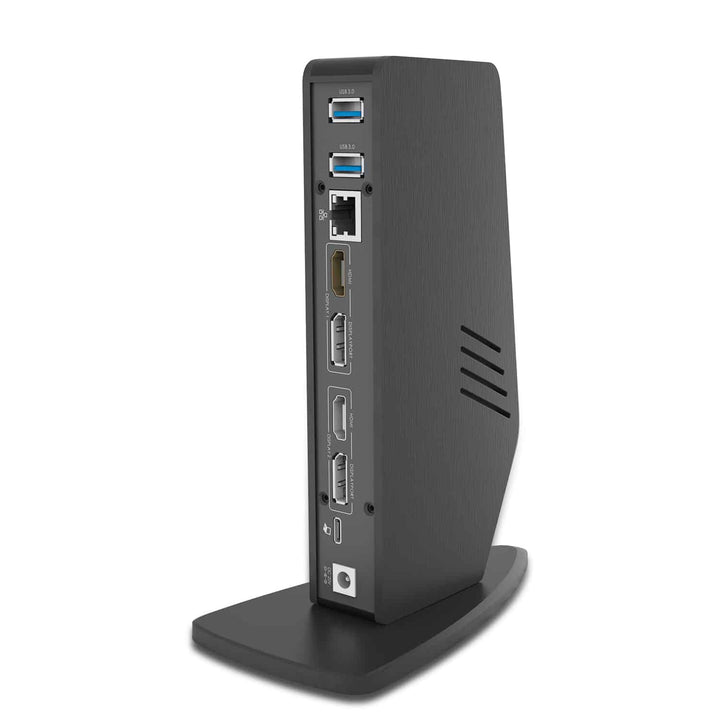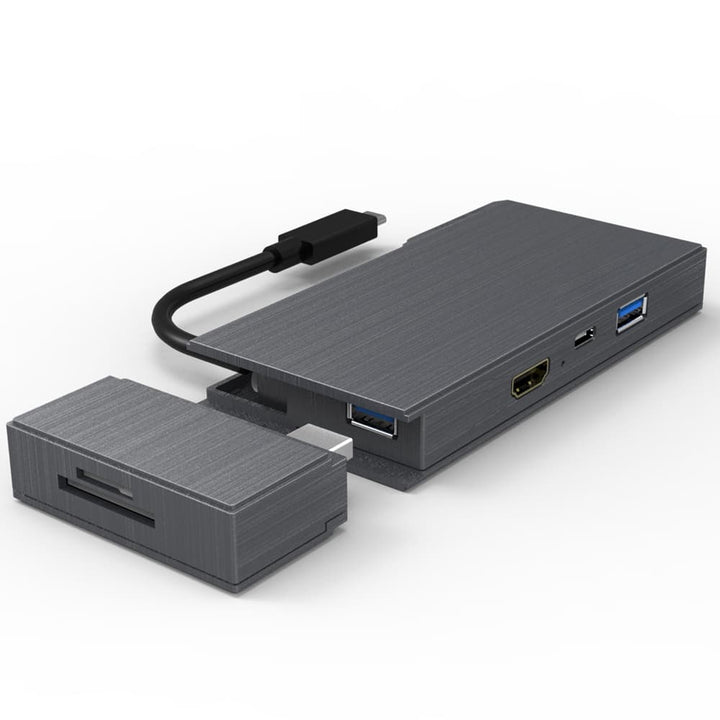What is a Computer Docking Station?
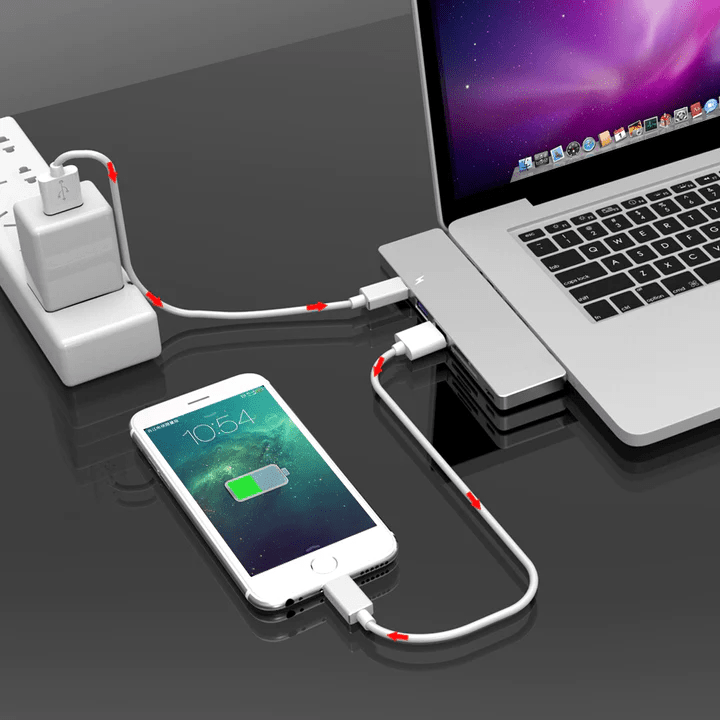
A computer docking station is a hardware device that allows you to connect your laptop or tablet to a range of peripherals and accessories. It is a simple yet powerful solution that provides a centralized hub for all your devices, making it easier to manage and use them. Docking stations are becoming increasingly popular among professionals and students who need to connect multiple devices to their laptops or tablets.
Docking stations are available in different types and configurations, depending on your needs and requirements. Some of the most common types of docking stations include:
Port Replicators
Port replicators are basic docking stations that provide additional ports for connecting peripherals such as a mouse, keyboard, and monitor. They are typically used in offices and workspaces where users need to quickly connect and disconnect their laptops from multiple peripherals.
Laptop Docks
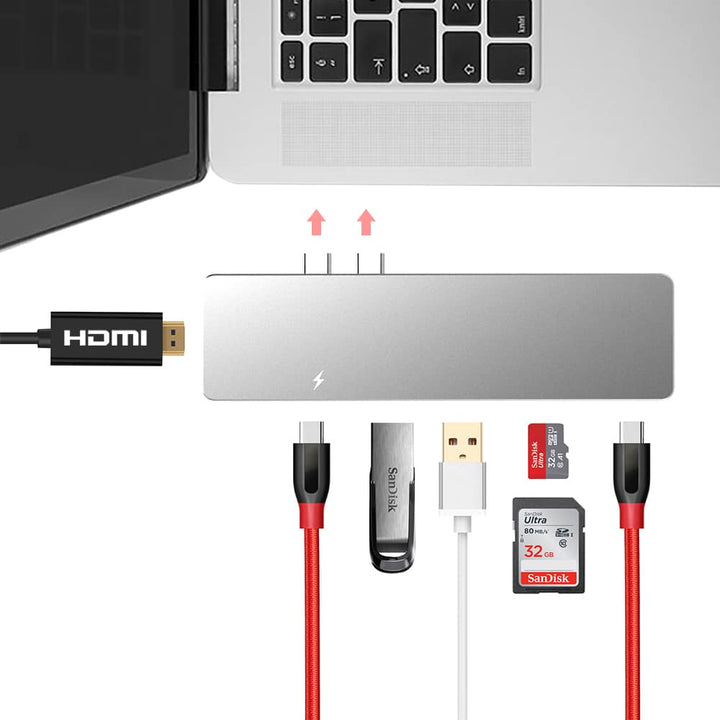
Laptop docks are more advanced docking stations that offer a wide range of connectivity options, including multiple USB ports, Ethernet, HDMI, and DisplayPort. They are often used by professionals who need to connect their laptops to larger displays, projectors, and other peripherals.
Universal Docks
Universal docking stations are versatile docking stations that are designed to work with a range of devices and operating systems. They are ideal for users who switch between different devices or use multiple devices simultaneously. Universal docks often come with a range of connectivity options, including USB-C, HDMI, Ethernet, and DisplayPort.
How Does a Docking Station Work?
Docking stations work by connecting to your laptop or tablet's docking port or USB port, depending on the type of dock. Once connected, the docking station provides additional ports and connectivity options, allowing you to connect multiple peripherals and accessories. The dock also charges your laptop or tablet while it is connected, making it a convenient solution for users who need to work for extended periods of time.
Benefits of Using a Docking Station
Simplifies Connectivity
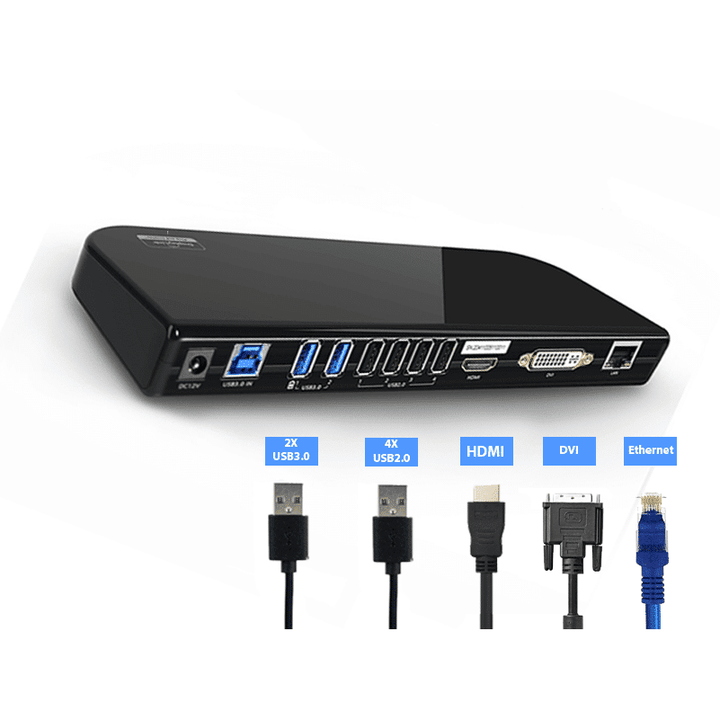
Docking stations simplify connectivity by providing a centralized hub for all your devices. You no longer have to plug and unplug devices every time you move your laptop or tablet, which saves time and reduces wear and tear on your devices.
Boosts Productivity
Docking stations boost productivity by allowing you to connect multiple devices simultaneously. You can connect a larger display, a full-size keyboard, a mouse, and other accessories, which can enhance your productivity and efficiency.
Improves Ergonomics
Docking stations improve ergonomics by allowing you to connect your laptop or tablet to a larger display and a full-size keyboard and mouse. This can help reduce eye strain, neck and back pain, and other issues associated with prolonged laptop use.
A docking station is a powerful tool that can simplify connectivity, boost productivity, and improve ergonomics. Whether you're a student, a professional, or a gamer, a docking station can help you get more done in less time and with less hassle. So, consider investing in a docking station that suits your needs and requirements, and start enjoying the benefits of this powerful tool today!
Featured 4XEM Products
